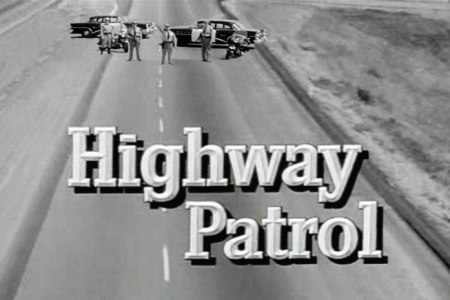♦
While much of the USA — and the world — seems committed to moving vigorously into the future with rail mass transportation systems, the Texas legislature (currently in its 2015 biennial session) seems determined to proceed backwards (perhaps to somewhere in the mid-1950s). This can readily be concluded from recent Senate and House bills (designated with S.B. and H.B. respectively) introduced in both state houses.
Hostility to public transportation among the predominantly Tea-Party-leaning Republican majority was hinted early on in the discussion over S.B. 5, which proposes to bestow a new gusher of state sales tax money (from motor vehicle sales and rental car services) on highway expansion. Legislative discussion of S.B. 5 involved assurances that not a dime of this new flood of money would be allocated to the despised “rail mass transit”.
Rail public transportation was then specifically targeted by S.B. 1048, introduced in early March, which would mandate that “The [Texas Transportation] department, a local governmental entity, or another political subdivision of this state may not use money provided by the Federal Transit Administration for a mass transit passenger rail project.” In other words, under this proposed legislation, a local government entity, such as a city or transportation authority, would be prohibited from using grant funds approved and awarded for a rail transit project by the FTA.
Other legislators have aimed their target sights at intercity rail issues, particularly with measures to obstruct highspeed rail development. H.B. 3918 would mandate that “no bonds may be issued to finance, in whole or in part, the construction or operation of an electric railway as defined by Section 131.011 Transportation Code or high speed rail as defined by Section 111.103(a) Transportation Code, that is capable of operating at speeds greater than 100 miles per hour, between two municipalities in this state.” S.B. 1601, curiously defining “High-speed rail” as “intercity passenger rail service that is reasonably expected to reach speeds of at least 110 miles per hour”, then proposes to eliminate any such project’s ability to acquire right-of-way through eminent domain: “…a company that operates a high-speed rail system may not exercise the power of eminent domain for the system.” (While these measures probably reflect a response to the fears of landowners along the proposed route of a somewhat dubious Dallas-Houston highspeed rail concept, they could have much wider impact on more immediately feasible rail improvement projects as well.)
This anti-mass transportation bias suggested by the proposed legislative measures has basically been confirmed by actual statements from key Texas legislators. As Dick Kallerman, a transportation policy leader in the Austin-area Sierra Club, reports,
On Tuesday, April 7, I attended “Texas Tribune Talks” hosted by Evan Smith. His guests were Senator Nichols and Rep. Pickett, both heads of their transportation committees. They said nothing new or interesting, no insight from the top, just well-worn, politically correct statements. I got the microphone during the question session. I made the case that Texas has very little mass transit and asked if that might change in the future.
Pickett said that the Texas culture is an automobile culture and that Texans aren’t much interested in mass transit. Nichols said that since 97% of Texans drive their cars to work it shows that they’re not interested in transit, and besides, transit requires subsidies while the auto pays its own way.
These attitudes seem straight out of the 1950s and 1960s — in effect, the dinosaur era of American transportation (including the misconception that private automobile transportation, showered with fuel sales tax money, local government bond proceeds, and parking subsidies, is in effect a “free ride”). Here in the 21st century, what is a supposedly forward-looking state like Texas doing with a legislative majority that seems focused on mobility assumptions and policies from five or six decades ago in the last century?
Texas is not just the second-largest state in the USA, it’s also home to some of America’s most powerful corporate and private business giants — companies like ExxonMobil, AT&T, American Airlines, Kimberly-Clark, USAA, Southwest Airlines, Whole Foods, Texas Instruments, J. C. Penney, KBR, FMC Technologies, Clear Channel, Dell Computer, Neiman Marcus, Shell Oil, Schlumberger, 7-Eleven, BNSF, Hewlett-Packard … and dozens more. One wonders how long these mammoth and influential commercial institutions and powerful national leaders will continue to tolerate a state political leadership that so blithely dismisses the value and relevance of public transportation, urban rail, and highspeed rail for Texas’s diverse and rapidly expanding population.
We suspect that a lot of top-level business movers and shakers will start to re-evaluate the effectiveness of a political transportation mindset still rooted the middle of the last century. And will take action accordingly… ■


